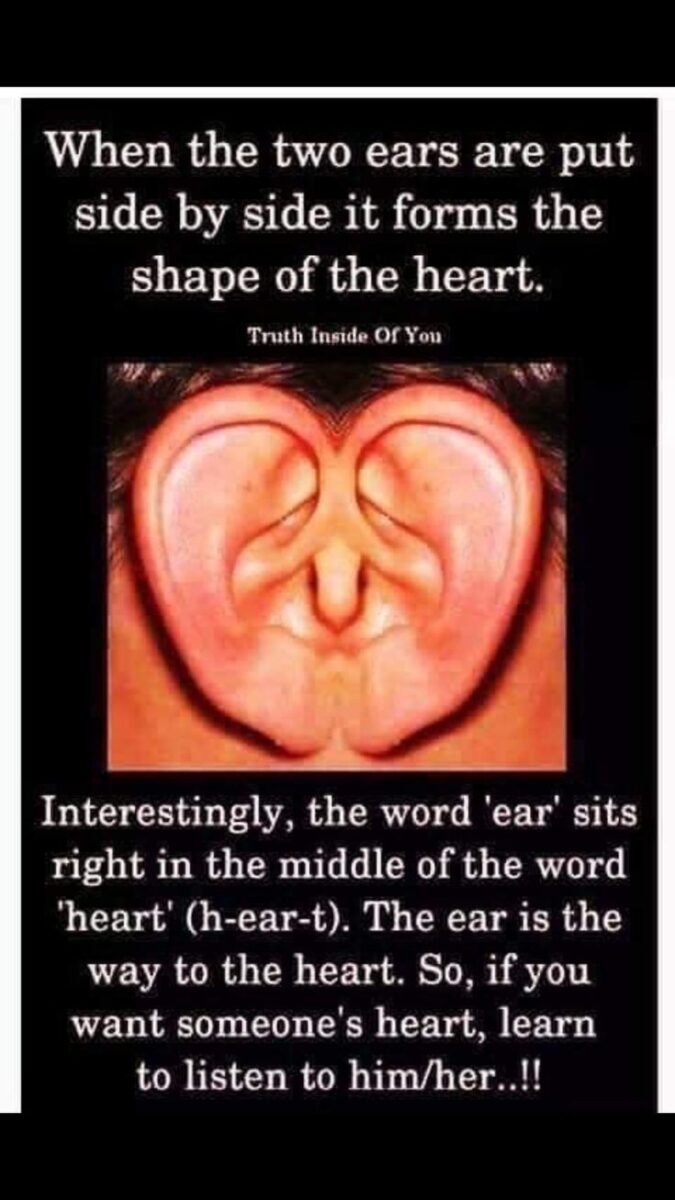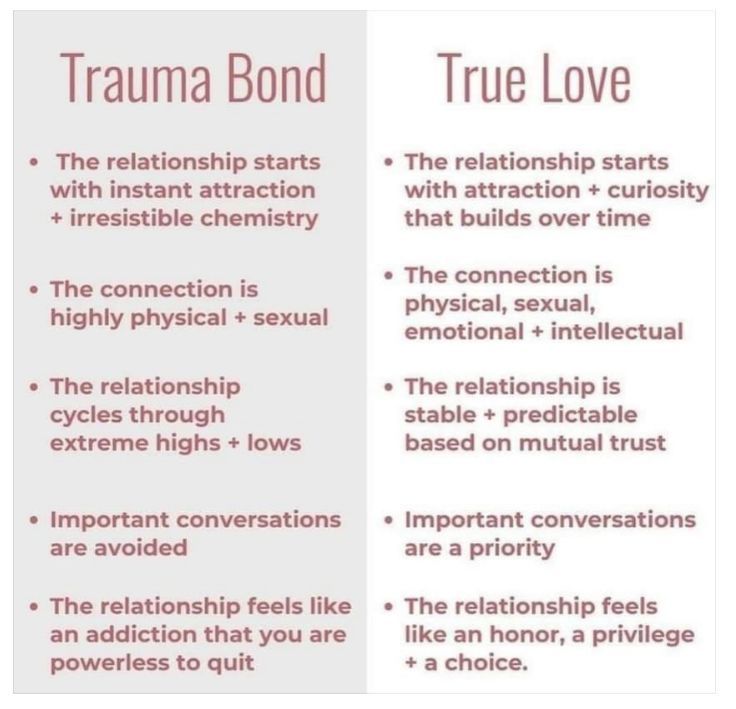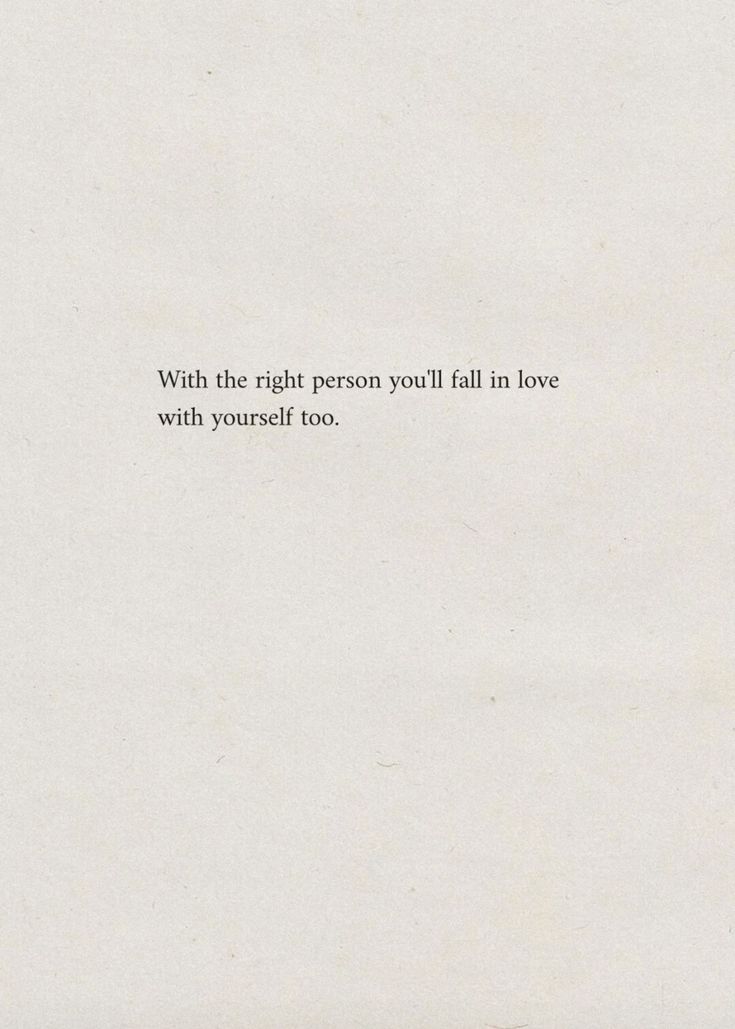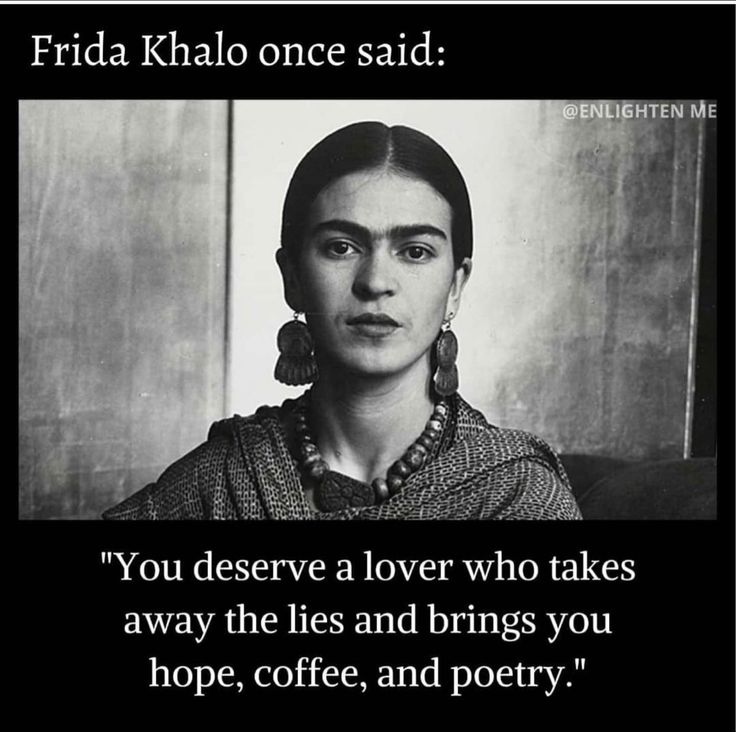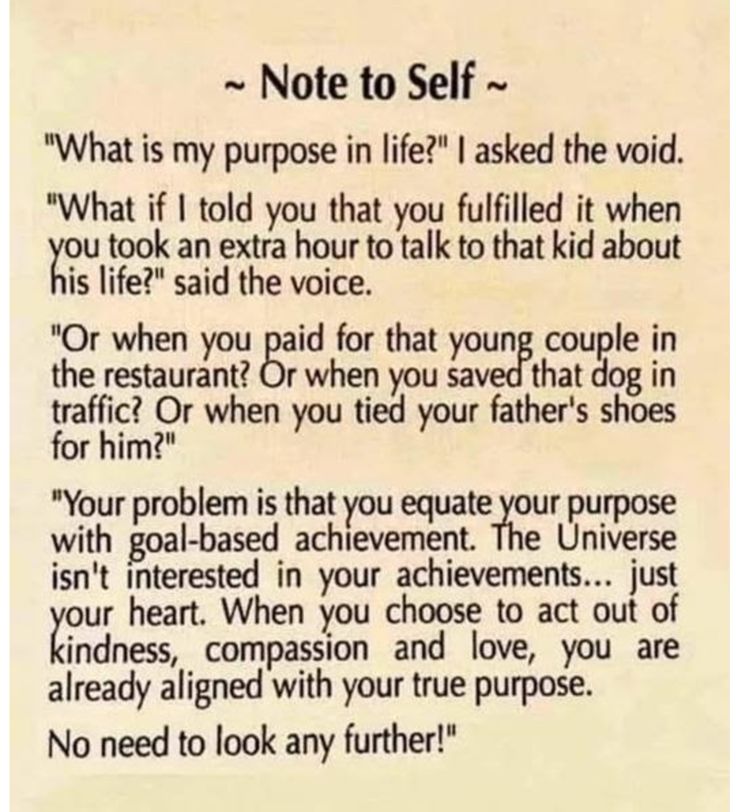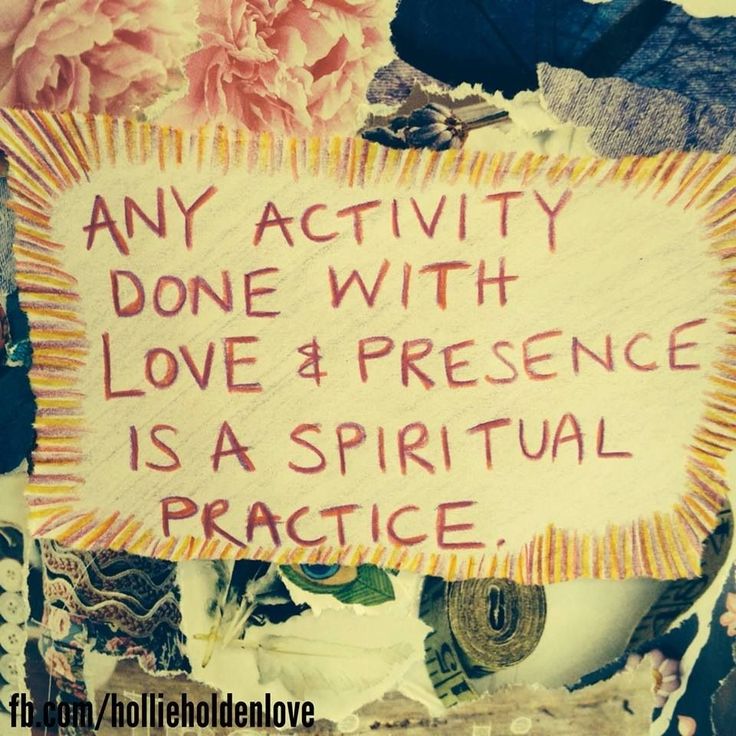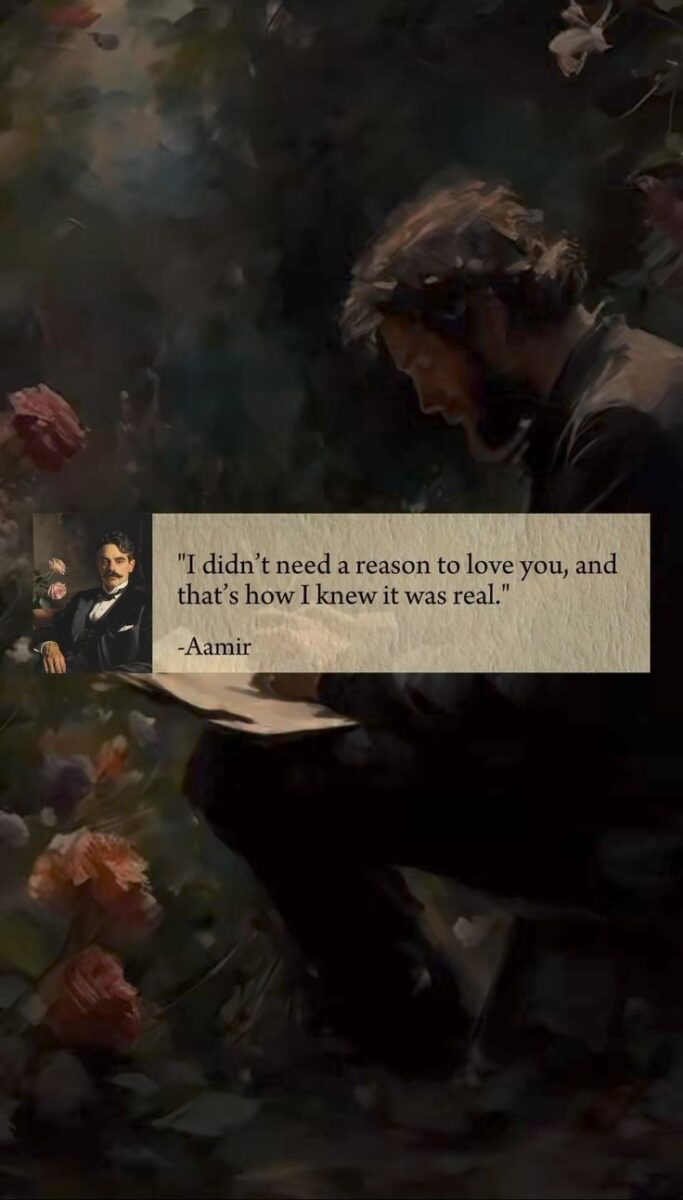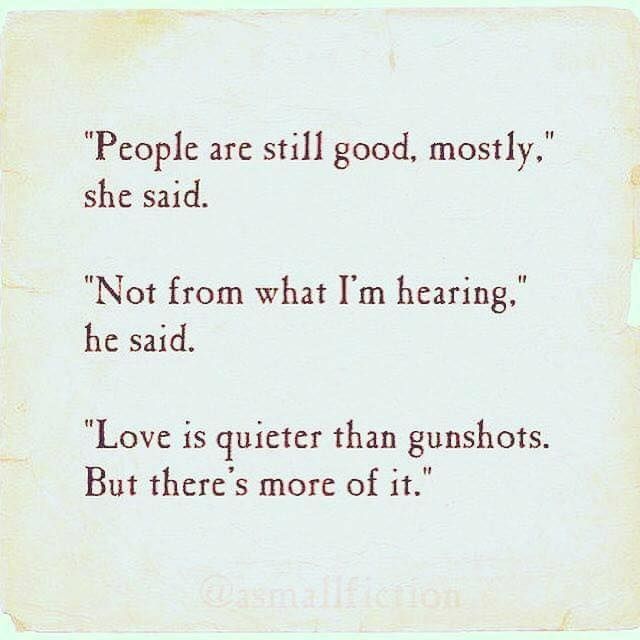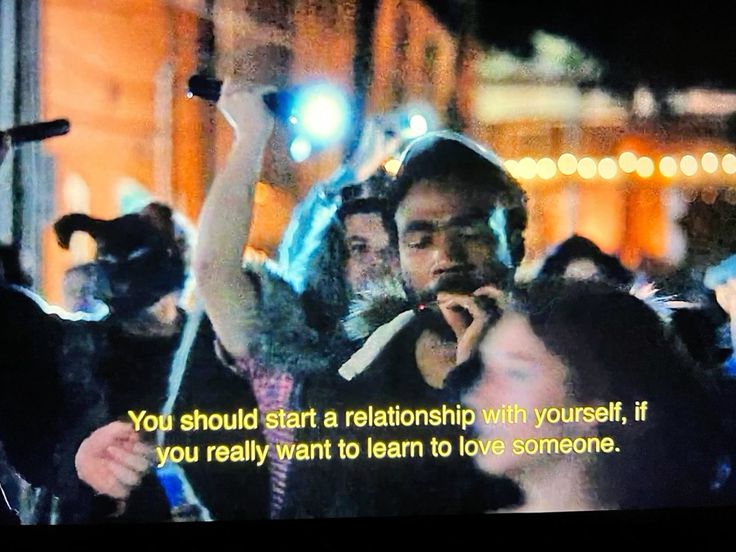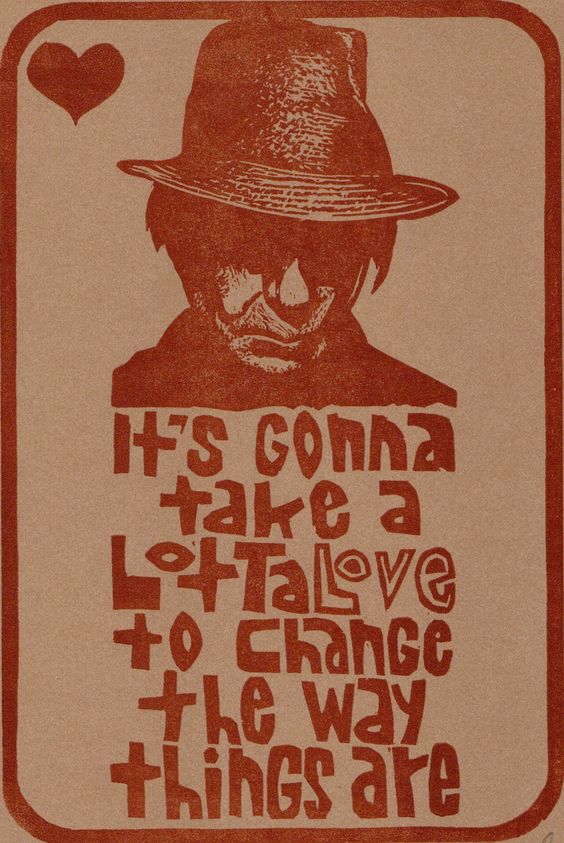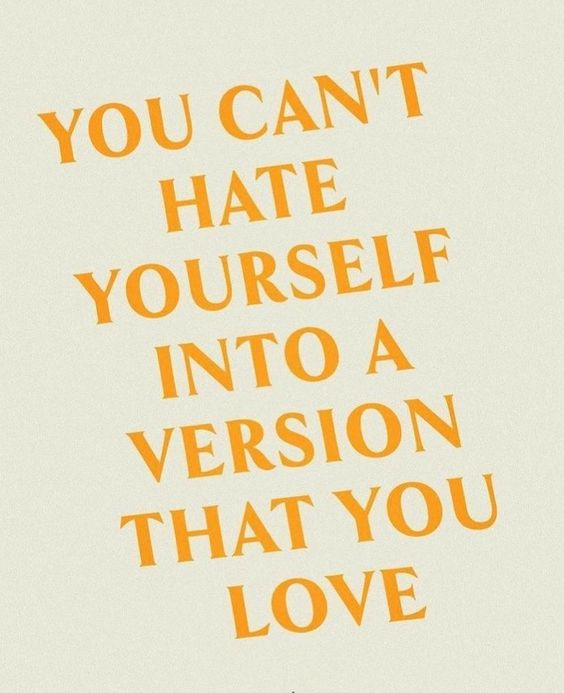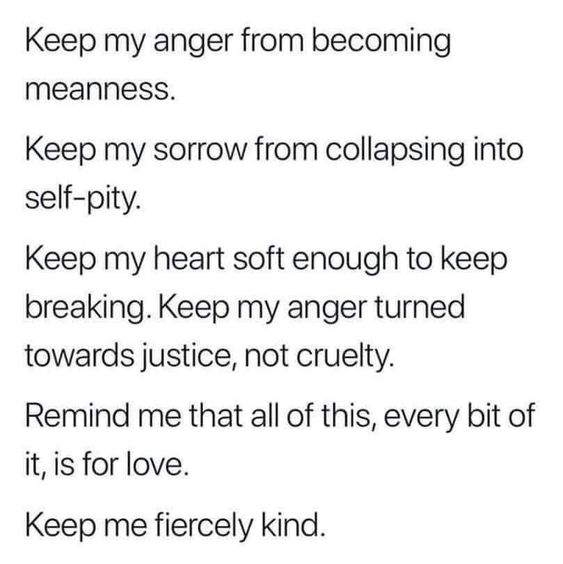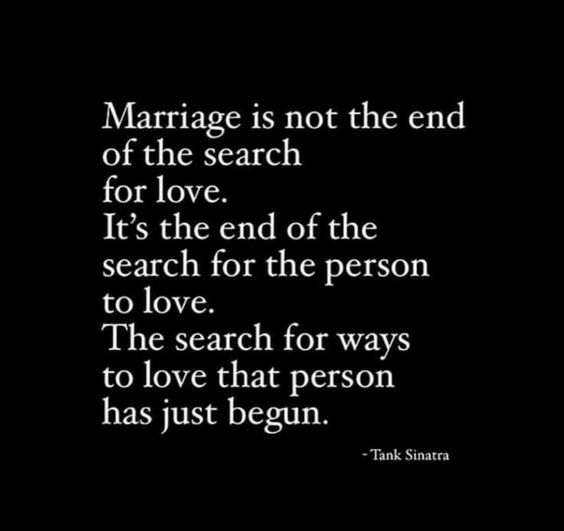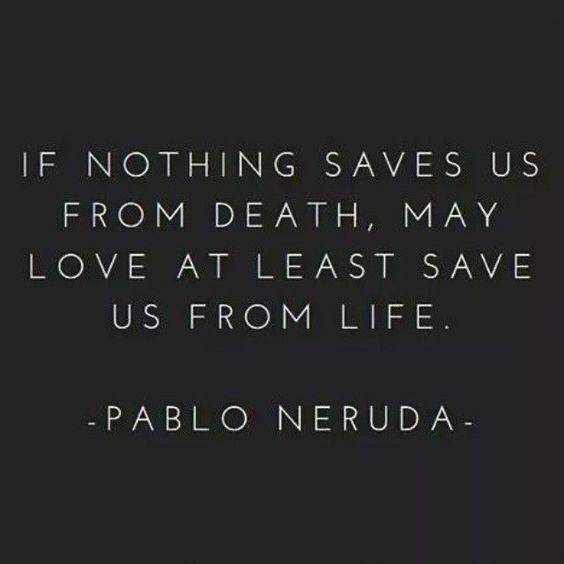“Love is the most luxurious thing in the world. It is not a need—it is the last luxury, the ultimate in luxuries. If you are needing it, it is just as other needs; one needs food, one needs shelter, one needs clothes, one needs this and that. Then love is also part of this world. When there is no need and you are simply flowing with energy and would like to share with somebody, and somebody is also flowing with energy and would like to share with you, then you both offer your energies to an unknown God of love. And it is sheer luxury, because it is purposeless. It has no business to do. It is intrinsic—it is not a means to anything else. It is a great play.”
Osho, Everyday Osho (Page 350)
“We are made alone. That aloneness is our freedom. And it is not against love. In fact, only a person who is alone and knows how to be alone will be able to love. This is the paradox of love: That only the person who is alone can love, and only the person who loves becomes alone. They come together. So if you are not capable of being alone, you will not be capable of being in love either. Then all your so-called love will be just an escape from yourself. It will not be real love, it will not be real relating. Who will relate with whom? You have not even related with yourself; how can you relate with the other? You are not there—who is going to relate with others? So a false kind of love exists in the world: You are trying to escape from yourself, the other is trying to escape from herself or himself, and you are both seeking shelter in each other. It is a mutual deception.”
Osho, Everyday Osho (Page 312)
“As long as there is love, there will be grief. The grief of time passing, of life moving on half-finished, of empty spaces that were once bursting with the laughter and energy of people we loved. As long as there is love there will be grief because grief is love’s natural continuation. It shows up in the aisles of stores we once frequented, in the half-finished bottle of wine we pour out, in the whiff of cologne we get two years after they’ve been gone. Grief is a giant neon sign, protruding through everything, pointing everywhere, broadcasting loudly, ‘Love was here.’ In the finer print, quietly, ‘Love still is.'”
Heidi Priebe
